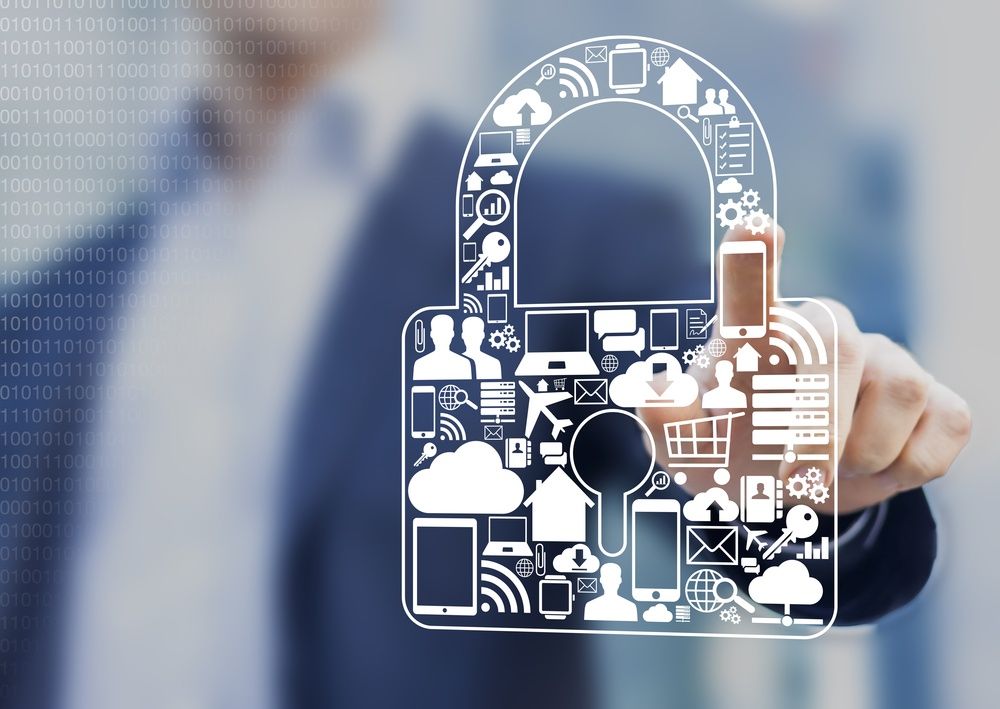How to Find the 4 Biggest Gaps in Your Cybersecurity Processes
Your organization’s cybersecurity policy is your best line of defense against cyberattacks, but gaps in your infrastructure may be putting you at...
Your organization’s security culture can be the difference between staying safe or remaining vulnerable to cybersecurity threats. Prioritize your security culture today before it’s too late.
In a digital age where an enterprise falls victim to a ransomware attack every 14 seconds, shoring up your cybersecurity culture and infrastructure has never mattered more. The global pandemic precipitated a plethora of new professional environments, with companies now functioning across on-site, remote, and hybrid settings. For better or worse, these new and varied professional environments create additional opportunities for both companies and cybercriminals.
The best defense against emerging cyber threats is your business’ security culture. A strong security culture is one that aligns your business objectives with your security needs and is supported from the top down. From senior leadership to frontline employees, all teammates must take the requisite steps to mitigate risk.
Here are a few ways to foster company-wide buy-in and cultivate a security-conscious culture that keeps your organization safe.
Cybersecurity measures are only as good as the weakest link in your company. Often that weak link is a human one and occurs when an employee doesn’t follow cybersecurity best practices or buy into your security culture.
Human error can be reduced when practical solutions shape employee behavior in accordance with your security culture. Consider the following questions when assessing your current cybersecurity culture:
Education and training are proven measures that help to build an effective security culture across an enterprise.
Comprehensive training initiatives start with educating employees and molding behavioral habits as opposed to simply informing your employees of compliance policies. Communicate the importance of staying safe online both at work and at the office — and the consequences of adversarial attacks.
Reinforcing best practices to stave off common threats like phishing emails, identity theft, and spam calls can help create a message that resonates more with employees. Incorporating phishing simulations, for example, is an effective way to create an engaging and interactive training rather than one that invokes a sense of dread.
The success of your security culture boils down to a combination of your enterprise’s technology and the humans that operate them. With more employees working away from more secure on-site premises, investing in compliance software and hardware remains paramount. Your IT professionals and in-house security team should not be afraid to seek outside counsel when assessing the best technologies to keep your business safe and secure.
Aruba and Palo Alto have developed some of the best technologies designed to keep enterprises guarded against cybersecurity threats.
Periodically assessing the state of your cybersecurity culture also helps keep adversarial threats at bay. These assessments go beyond simply tabulating your firm’s phishing metrics or mitigated threats, providing a big-picture analysis of your company’s stature against cyberattacks. When third-party cybersecurity experts are brought in to run security culture assessments, they listen to a range of internal voices to get in touch with employees’ underlying security assumptions and apply an unbiased perspective. Having this kind of open, objective discourse is the key to shaping employee behavior surrounding security culture.
External cybersecurity experts help reduce the burden placed on IT teams when it comes to protecting your network and sensitive data. These consultants provide another trusted set of hands amid the current IT skills shortage — and keep your firm in touch with the latest cutting-edge solutions to counteract emerging cybersecurity threats.
With the right blueprint and team behind you, it doesn’t have to be a struggle to build a good security culture. From education to training, active monitoring to hardware/software solutions, and even threat assessments — TTI is here to help bring your cybersecurity culture to life.
TTI understands that taking a 360-degree approach when constructing your cybersecurity culture is the best defense against online threats. Preventative measures remain essential, but there’s also a need for active defense, professional monitoring, and threat reduction measures. From helping you implement your security culture to designing your robust cybersecurity posture, TTI provides the round-the-clock support you need to keep your business safe. Contact us today to schedule a consultation.

Your organization’s cybersecurity policy is your best line of defense against cyberattacks, but gaps in your infrastructure may be putting you at...

First off I would like to say congratulations to the entire graduating class of 2014 at West Virginia University. Go Mountaineers! But I would like...

Small and large companies alike are embracing digital transformation to gain a competitive edge. Here are three best practices to help your...